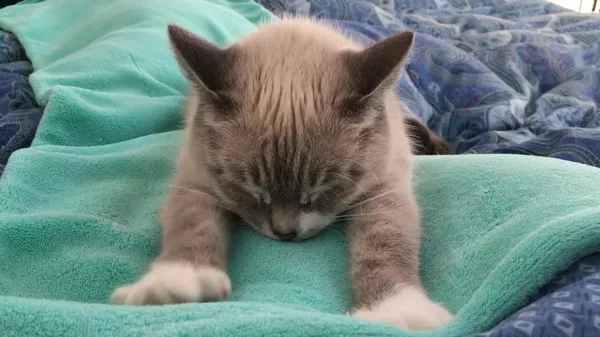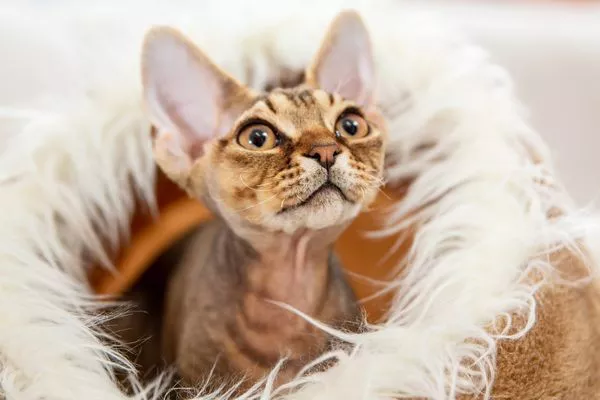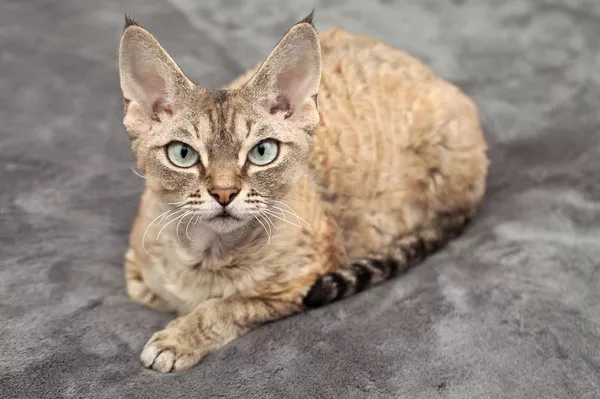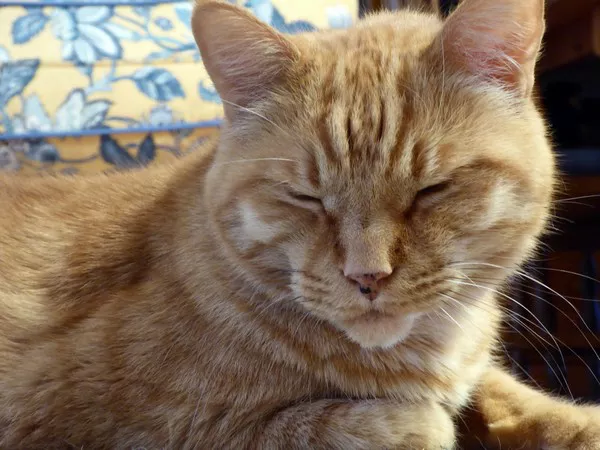Cats are known for their curious nature, often showing interest in what their human companions eat. While it’s tempting to share your meal with your feline friend, not all human foods are safe for cats. This article will explore human foods that are safe for cats to eat daily, along with feeding tips to ensure your pet stays healthy and happy.
Feline Nutrition
Understanding the basic dietary needs of cats is crucial before introducing them to any human food. Cats are obligate carnivores, which means their diet requires nutrients found only in animal products. Their bodies are designed to digest and use nutrients from animal-based proteins and fats efficiently.
Essential Nutrients for Cats
Cats require a range of nutrients to live a healthy life, including:
High-quality protein: For muscle maintenance and repair.
Fats: For energy and absorption of fat-soluble vitamins.
Vitamins: Such as A, D, E, and K.
Minerals: Like calcium, phosphorus, and iron.
Now, let’s discuss human foods that can be included in a cat’s diet, considering these nutritional needs.
Safe Human Foods for Cats
1. Cooked Meat
Types: Chicken, turkey, lean beef, and lamb.
Benefits: High in protein and essential fatty acids.
Feeding Tips: Ensure the meat is cooked without any added spices, oils, or seasoning. Remove all bones to prevent choking.
2. Fish
Types: Salmon, tuna, and mackerel.
Benefits: Rich in omega-3 fatty acids, which help maintain a cat’s coat shiny and healthy.
Feeding Tips: Cook fish thoroughly and remove all bones. Limit fish intake to once or twice a week to prevent thiamine deficiency.
3. Eggs
Benefits: Eggs are a great source of protein and biotin.
Feeding Tips: Serve cooked eggs (boiled or scrambled) without any added butter, oil, or seasoning.
4. Vegetables
Types: Cooked carrots, broccoli, asparagus, peas, and green beans.
Benefits: Source of fiber and vitamins.
Feeding Tips: Cook vegetables until soft and serve in small, bite-sized pieces. Avoid onions, garlic, and chives as they are toxic to cats.
5. Fruits
Types: Apples, bananas, blueberries, and seedless melons.
Benefits: Provide vitamins, antioxidants, and hydration.
Feeding Tips: Remove all seeds and cores, and cut fruits into small, manageable pieces. Avoid grapes and raisins, as they are highly toxic to cats.
6. Dairy Products
Types: Small amounts of cheese or yogurt.
Benefits: Source of calcium and protein.
Feeding Tips: Choose plain, low-fat options and offer in moderation due to the lactose content, which some cats may be intolerant to.
General Feeding Guidelines for Cats
When introducing human foods to your cat’s diet, consider the following tips to ensure their health and safety:
Introduce New Foods Gradually
Start with small amounts to monitor how your cat reacts. Some cats may have sensitive stomachs or food allergies.
Balance the Diet
Human food should not replace high-quality cat food, which is formulated to meet all nutritional needs of cats. Treat human food as a supplement or treat.
Mind the Portions
Treats (including human food) should not make up more than 10% of a cat’s daily caloric intake to prevent obesity.
Observe for Allergic Reactions
Watch for signs of food allergies or intolerance, such as gastrointestinal upset, itchy skin, or changes in energy levels.
Consult Your Veterinarian
Before making significant changes to your cat’s diet, discuss them with your vet to ensure they meet your cat’s specific health requirements.
Risks of Feeding Human Food to Cats
While many human foods are safe for cats, there are risks involved with feeding the wrong type or too much of even the safe options:
Nutritional Imbalances: Over-reliance on human food can lead to deficiencies or excesses of certain nutrients.
Toxicity: Some safe human foods might contain ingredients that are toxic to cats (e.g., onions in cooked dishes).
Health Issues: Overfeeding, even with safe foods, can contribute to obesity and related health problems like diabetes and joint issues.
Conclusion
Feeding your cat human food can be a rewarding way to enhance their diet and strengthen your bond. However, it’s crucial to do so with caution and knowledge. Focus on providing foods that contribute positively to their diet, keep human food treats minimal, and always prioritize a balanced diet tailored to their specific nutritional needs. By following these guidelines, you can enjoy sharing your meals with your feline friend without compromising their health.



























